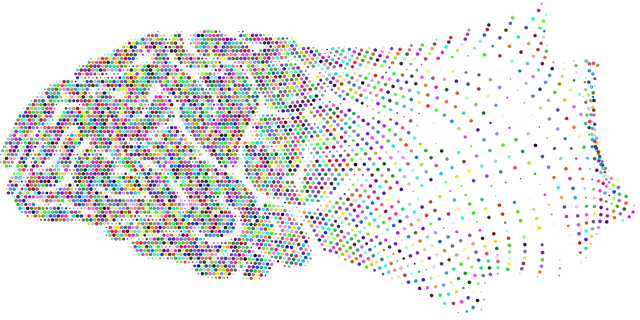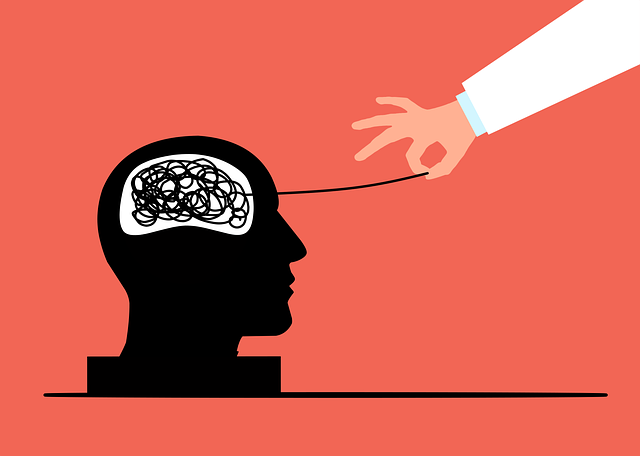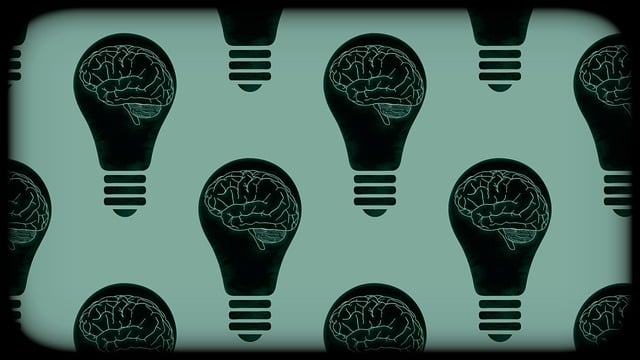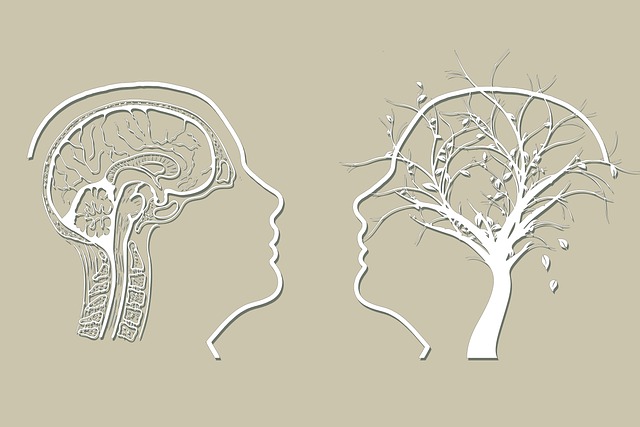Diagnosing mental illness accurately is challenging due to diverse symptoms and factors, leading to common misdiagnoses or delays. To improve accuracy, professionals should employ advanced tools, continuous training in evidence-based practices, and self-care for therapists and clients. Innovative methods like Mental Wellness Journaling Exercise Guidance aid in informed decision-making. Broomfield Alcohol Abuse Therapy exemplifies a collaborative approach by integrating holistic programs, education, and conflict resolution techniques to enhance diagnostic accuracy and empower individuals in their mental health journeys.
Mental illness diagnosis accuracy is a critical aspect of patient care, and ongoing efforts are needed to improve precision. This article delves into the intricate challenges surrounding mental health assessments, exploring innovative solutions to enhance diagnostic accuracy. We highlight the significant role played by institutions like Broomfield Alcohol Abuse Therapy in refining diagnosis methods. By combining advanced techniques with specialized care, these centers contribute to more effective treatment plans, ultimately benefiting individuals seeking mental health support.
- Understanding the Challenges of Mental Illness Diagnosis
- Innovative Approaches to Enhance Diagnostic Accuracy
- The Role of Broomfield Alcohol Abuse Therapy in Improving Diagnoses
Understanding the Challenges of Mental Illness Diagnosis

Diagnosing mental illness accurately can be a complex task due to the diverse nature and often subtle symptoms presented by individuals seeking help. The process involves careful consideration of various factors, including personal history, psychological assessments, and observable behaviors. Misdiagnosis or delayed diagnosis are common challenges in this field, which can significantly impact patient outcomes. For instance, individuals struggling with alcohol abuse may present symptoms akin to anxiety or depression, making it crucial for therapists to employ comprehensive evaluation methods. Broomfield Alcohol Abuse Therapy centers, for example, prioritize accurate diagnosis by integrating advanced assessment tools and tailoring treatments to the unique needs of each client.
Strengthening diagnostic accuracy involves a multi-faceted approach. Building upon the foundational principles of mental health awareness and education, professionals can enhance their skills through continuous training in evidence-based practices. Cultivating inner strength and confidence is also essential for both therapists and clients. Mind over matter techniques empower individuals to take an active role in their recovery, fostering resilience and self-awareness—key factors in achieving lasting improvements. By addressing these challenges head-on, mental health professionals can ensure more effective interventions, ultimately leading to better outcomes for those seeking support.
Innovative Approaches to Enhance Diagnostic Accuracy

In the pursuit of enhancing mental illness diagnosis accuracy, innovative approaches are transforming the landscape of healthcare. One such method gaining traction is the integration of Mental Wellness Journaling Exercise Guidance. Encouraging patients to document their thoughts, emotions, and behaviors provides valuable insights for healthcare providers. By analyzing patterns over time, professionals can make more informed diagnoses, especially for complex conditions like dual diagnosis or co-occurring disorders. This practice not only improves accuracy but also empowers individuals to actively participate in their mental health journey.
Moreover, Self-Care Routine Development for Better Mental Health plays a pivotal role in diagnostic accuracy. Teaching patients effective self-care strategies allows them to manage symptoms and track progress. Regularly reviewing these routines during therapy sessions enables healthcare providers, such as those at Broomfield Alcohol Abuse Therapy, to assess the effectiveness of treatments and make necessary adjustments. This collaborative approach fosters better patient outcomes and ensures that diagnoses are not only accurate but also tailored to individual needs. Additionally, Healthcare Provider Cultural Competency Training is essential in this context, promoting understanding and empathy toward diverse patient populations, ultimately leading to more precise assessments.
The Role of Broomfield Alcohol Abuse Therapy in Improving Diagnoses

Broomfield Alcohol Abuse Therapy (BAAT) plays a pivotal role in enhancing mental illness diagnosis accuracy. By focusing on alcohol abuse as a potential symptom or underlying cause, BAAT facilitates a more holistic approach to patient assessment. Therapists at BAAT are trained to integrate Mental Health Education Programs Design that promote awareness and understanding of various mental health conditions. This, coupled with Conflict Resolution Techniques, enables healthcare providers to better communicate with patients, fostering open dialogue and accurate diagnosis.
Furthermore, the programs offered by BAAT emphasize Confidence Boosting strategies for both patients and caregivers. Educating individuals on recognizing symptoms and differentiating them from other issues enhances the overall diagnostic process. Through these comprehensive initiatives, Broomfield Alcohol Abuse Therapy not only contributes to improving diagnosis accuracy but also empowers individuals to actively participate in their mental health journeys.
Mental illness diagnosis accuracy is a multifaceted challenge that requires innovative approaches. By understanding the complexities involved, we can significantly enhance detection rates. Innovative methods, such as advanced assessment tools and integrated care models, play a pivotal role in this process. Notably, Broomfield Alcohol Abuse Therapy has emerged as a game-changer, offering specialized services that improve diagnostic accuracy and overall patient outcomes. Continued efforts to refine these strategies are essential to ensuring effective support for individuals navigating mental health issues.













